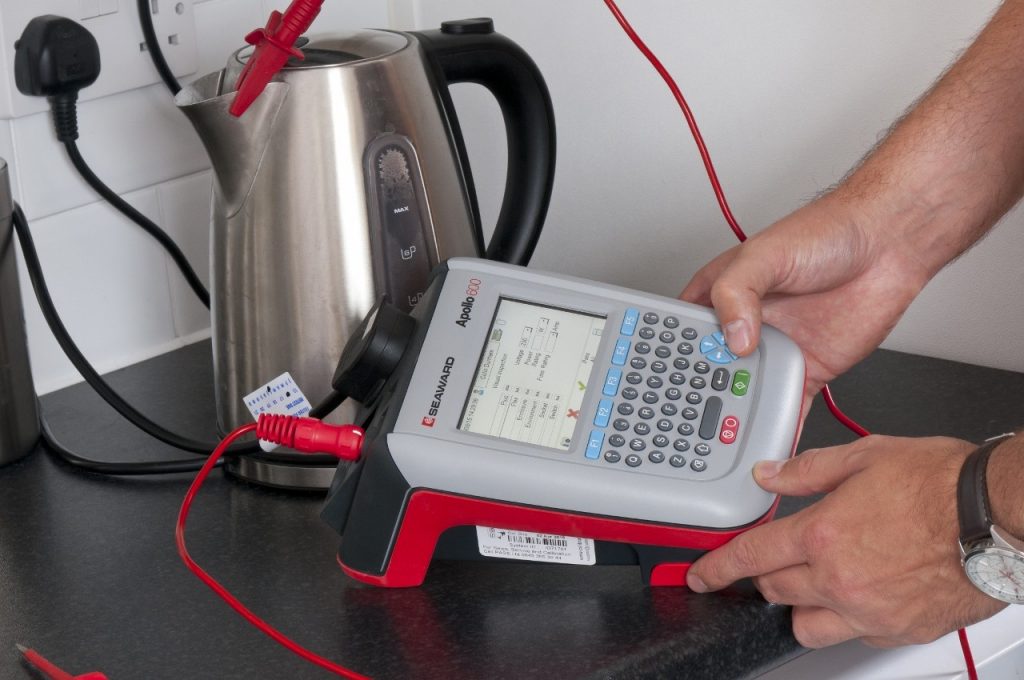There are so many companies out there offering Portable Appliance Testing that it’s hard to know where to start.
There are so many companies out there offering Portable Appliance Testing that sometimes it’s hard to know where to start.
Adrian Pendle, Managing Director of Intersafe, gives his top tips to bear in mind when you’re looking for a firm to carry out your PAT Testing.
- How do you know the company is actually carrying out the testing to IEE guidelines? Some companies just provide pass or fail and may not actually carry out proper testing. Ask if the company provides the numeric results for each test, and if it can be shown in the software provided.
- Is the company accredited by an external organisation such as NICEIC or ECA? Not only does this ensure that the company adheres to strict procedures for testing but also that the external organisation will visit the company to check the quality of its work. This will be backed up by the organisation’s guarantee scheme in the event of poor workmanship or the company going into administration.
- Do the engineers have City & Guilds 2377? Make sure you ask for copies of their certificates. C&G 2377 is the nationally recognised qualification for PAT Testing.
- Have you asked for references? Always ask for a selection of ;references ;form their existing ;customers and make sure you contact several of ;them by phone.
- Do they charge extra for working out of hours? This can be particularly handy for office environments. Testing out of hours is an effective way of reducing business interruption while testing is carried out.
- Does the company comply with the latest Heath & Safety Regulations? Ask them to provide their Health & Safety Plan, risk assessments and method statements. Ask questions to make sure they understand the documents and how to reduce the risk whilst working on your premises. Asking questions also means you’ll be able to spot if they have just downloaded the documents from the Internet. Does the company have proof of insurance? Ask for the latest copies of their employers and public liability insurance. Check that the cover is adequate.
- How do they pay their technicians? Ask if they are paid per item or if they are salaried. If they are paid per item will they take the time to look for the more difficult items or will they “make up” items that don’t exist?
- How much are they charging? Prices for testing usually vary from 70p to £2 per item so quotes may vary depending on how many items you have and the environment they are in. Beware of companies charging less than 90p, are they really complying with the IEE guidelines or just putting stickers on your items?




